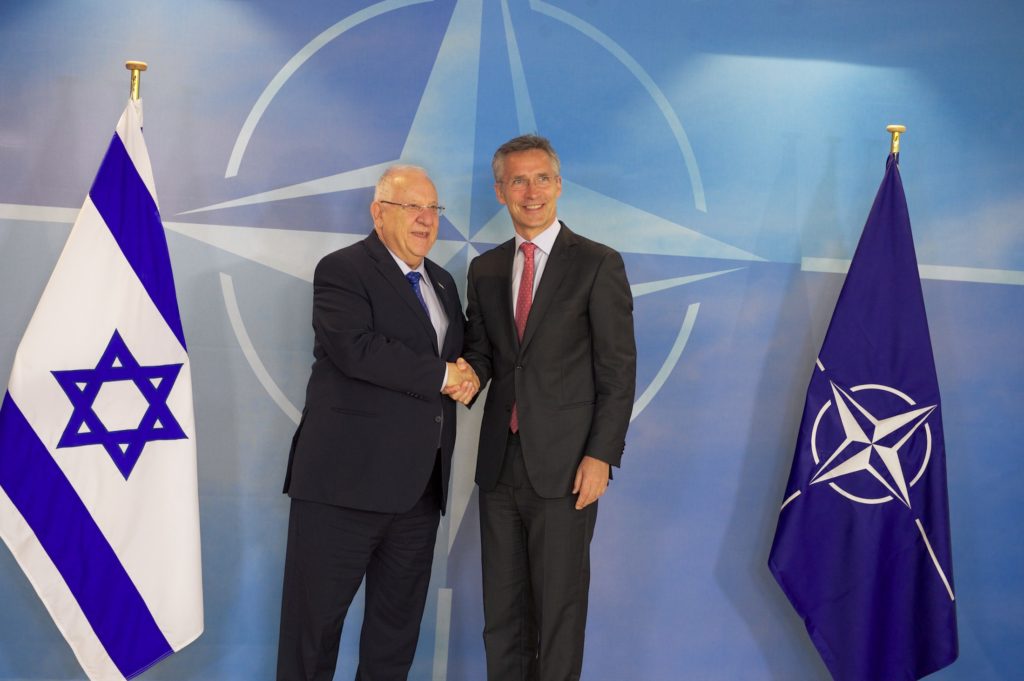Seventy-five Years Later, Hungary Still Hasn’t Come to Terms with its Role in the Holocaust
Anna Porter
Quillette, May 15, 2019On the 75th anniversary of the extermination of most of Hungary’s Jews—including the Auschwitz deportations, which began in May 1944—we should also take note of the Hungarian government’s apparent determination to distort the country’s historical record. In some circles, this effort includes even the rehabilitation of Miklós Horthy, the longtime Hungarian Regent who governed Hungary during the Holocaust.A former admiral and adjutant to the Habsburg Emperor-King, Horthy entered Budapest in dramatic style with his army on November 16, 1919, astride a white horse. His army defeated the ragtag Bolshevik forces that had imposed 133 days of “Red Terror” upon the country, but also inflicted its own “White Terror,” in some ways more brutal than its communist predecessor. Early during Horthy’s rule, Hungary enacted some of Europe’s first 20th-century anti-Jewish laws. Jews were capped at 6% of university admissions, and subsequent measures limited Jewish participation in elite professions to the same benchmark.Jews also were prohibited from working in the public service and judiciary, or as high school teachers. During World War II, an additional law was passed prohibiting marriage or sex between Christians and Jews, on the grounds that such unions were harmful to the “national soul.”
Even before Hungary actively rallied to the German war effort, most of Hungary’s young Jewish men had been dispatched to so-called labour battalions, serving unarmed near the front, where they were as likely to be killed by their commandants as by enemy fire. In 1941, the Hungarian army rounded up about 17,000 Jews who couldn’t prove they were citizens, and dumped them across the border into Ukraine, where they were systematically massacred by German death squads. By 1942, labour service had been extended to all Jewish men under the age of 45. All this happened while Horthy—an “exceptional statesman,” according to current Hungarian Prime Minister Viktor Orbán—ran the country.
Meanwhile, Hungary’s participation in the invasion of the USSR led to the extermination of the flower of Hungarian youth. At the 1942 battle of Voronezh and subsequent operations, the underequipped Hungarian 2nd Army was practically wiped out as it launched itself against Russian defences in support of the ultimately disastrous German thrust toward Stalingrad. By late 1944, Russian troops got to the outskirts of Budapest, which suffered through a 50-day siege before Axis forces surrendered on February 13, 1945. Almost 40,000 civilians died during this period, and much of the city was destroyed.
By this time, most of the country’s Jews already had been deported to concentration camps. In all, an estimated 565,000 Hungarian Jews were murdered during the Holocaust. Historical documents show that even some Germans were amazed by the speed and efficiency of the Hungarian government’s co-operation, and by the cruelty of its gendarmerie.
Horthy and Hitler, in 1938
Some of the few elderly Hungarian Jews who survived in the Budapest ghetto can still remember scenes of rats feasting on the unburied dead in Klauzal Square, and the trigger-happy young men guarding the gates. I have spoken to many survivors, including Max Eisen, a Canadian Holocaust educator, who was a young teenager when his family was rounded up and sent to Auschwitz. He still remembers the terror of being crammed into a boxcar, standing room only, a hundred to a car, with no water, food or sunlight. To this day, Eisen has nightmares about his mother holding his nine-month-old sister during that three-day journey. Most of his family was murdered mere hours after arriving on the platform at Birkenau. His father’s last words to him were: “If you survive, you must tell the world what happened”—which is what Eisen did with his devastating 2016 book, By Chance Alone.
But Horthy, who survived the war and lived till 1957, had different memories to relate. In his Memoirs, he pompously declared of the mid-1930s that “though times had changed considerably since I had been aide-de-camp to His Majesty Emperor Francis Joseph, my concepts of honour, law and justice…had not altered.” Of meeting Hitler in 1936, he wrote: “It was not my task to stand in judgment upon the man who, since he had come to power, had shown nothing but goodwill towards Hungary, and who had sent me an extremely friendly telegram on the 15th anniversary of my entry into Budapest. I decided, therefore, to avail myself of an Austrian invitation to a chamois [goat-antelope] shoot in August 1936, to seize the opportunity of paying a personal visit to Herr Hitler. The Austrian Chancellor Schuschnigg had offered me the choice between three hunting preserves; I chose Hinterriss, which is famous for its chamois and to which Bavaria affords the only access.… [To read the full article, click the following LINK – Ed.]
|

